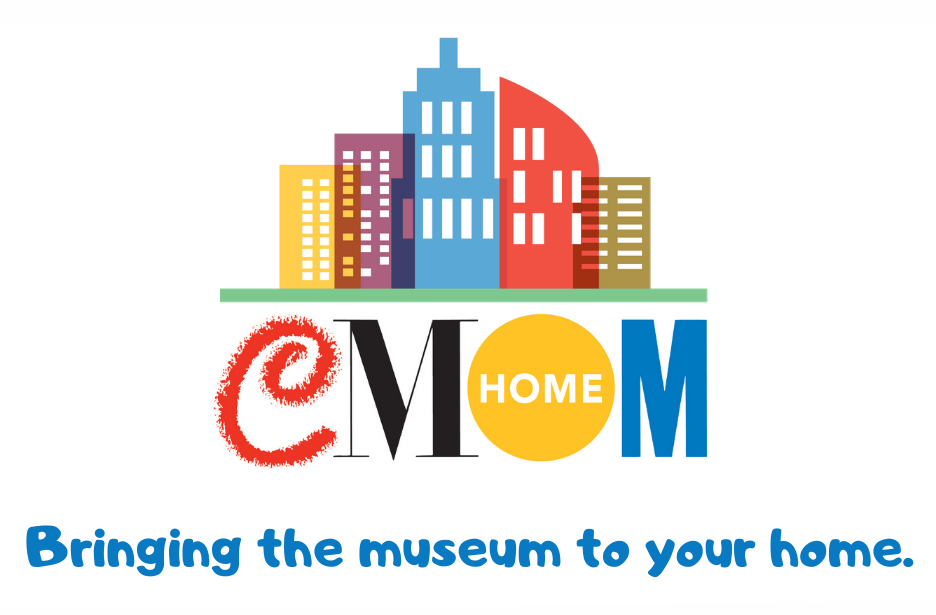Learn Together
Observing dance helps children understand dance as a form of expression in every culture. Children need adults to help them construct a positive sense of self and a respectful understanding of others in order to navigate and resist the harmful impact of prejudice and discrimination.
Materials
- Computer, tablet, or phone to watch the video
- Paper
- Pencil
Dance Together
Juneteenth commemorates the end of slavery in the United States, when Union soldiers brought news of the Emancipation Proclamation to African Americans in Texas after the end of the Civil War. It is a day of celebration for freedom and equality for all!
As part of the celebration, watch artistic director Jessica St. Vil of KaNu Dance Theater share parts of the traditional Haitian Dance called Ibo. Ibo originates from the Igbo nation of Nigeria who fought against enslavement. Ibo represents a very important dance because Haitians were one of the first enslaved people to fight back against slavery. Led by Toussaint Louverture in 1791, Haiti became the first independent nation in Latin America and the Caribbean, and the first Black republic in the world.
- Watch both videos of Let’s Dance! – KaNu Dance Theater: Ibo 1 and Let’s Dance! – KaNu Dance Theater: Ibo 2 on CMOM’s YouTube channel.
- Watch them again and follow Jessica St. Vil to learn the parts of the dance.
Dances like Ibo share an expression of power and strength.
- What parts of your body are used in this dance? What muscles are you using as you dance with KaNU?
- Write out a list of action words you would use to describe the different movements made in this dance. Action words describe the movement you can make with your body.
- With the help of another family member, have them call out each word as you create your movement to describe that word.
- By putting two or more of these action words together, you can create a movement sentence with your body. Explore more movement sentences with CMOM at Home.
Learn more together with resources from the National Museum of African American History & Culture.
Learn more about KaNu Dance Theater and the dances of Haiti.

